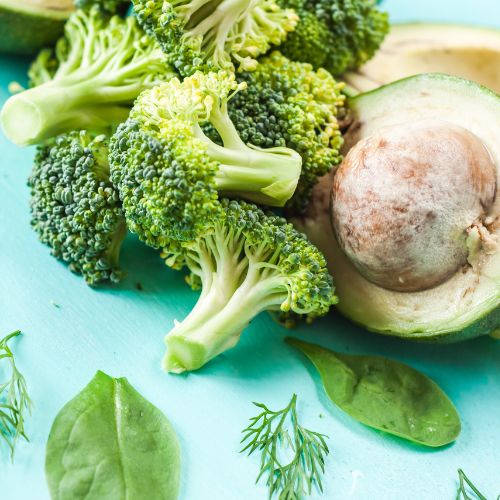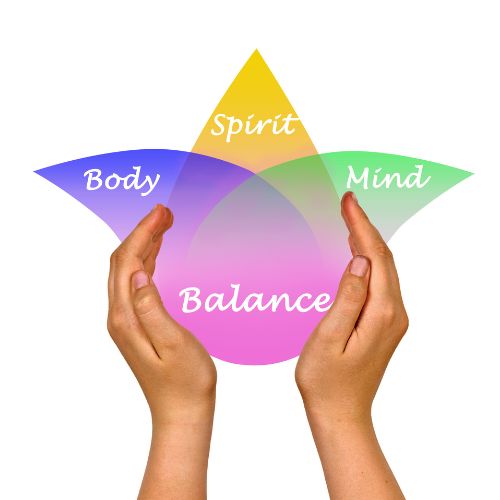Ayurveda is an ancient holistic healing approach that addresses various severe conditions. Many diseases are often treated successfully through Ayurveda and Panchakarma.
Non-alcoholic fatty liver disease (NAFLD) can be treated with allopathy medicines, but in some cases, patients may experience difficulties or find that allopathic fatty liver medicine don’t suit them well.
However, an individual dealing with NAFLD has the option to consider Ayurveda for their fatty liver treatment.
In Ayurvedic Panchakarma treatment, we administer a series of therapeutic procedures aimed at eliminating toxins from your body, restoring balance to the doshas, and enhancing overall health.
Here are some steps which are done in panchakarma therapy to cure non-alcoholic fatty liver disease:


Deep detoxification is achieved through two powerful Panchakarma therapies known as “Vamana” and “Virechana.”
These therapies focus on eliminating toxins and impurities from the body, providing a detoxification effect on the liver.
By undergoing these therapeutic procedures, you can effectively cleanse accumulated waste material from the liver and digestive system.

According to Ayurveda, there are three main doshas: Vata, Pitta, and Kapha. Imbalances in these doshas can contribute to the development of various diseases, including non-alcoholic fatty liver disease (NAFLD).
Panchakarma therapies play a crucial role in restoring the balance of these doshas. In the case of NAFLD, balancing the Pitta dosha is particularly important as it plays a significant role in liver health.
By achieving this balance, we can effectively treat and cure non-alcoholic fatty liver disease.

“Basti,”(medicated enema) a Panchakarma therapy, specifically designed to support liver function. Various medicated oils, herbal remedies, and ingredients are utilized in Basti to treat non-alcoholic fatty liver disease.
This therapy cleanses and nourishes the liver, contributing to improved liver health.

Panchakarma encompasses various therapies, including Abhyanga, Swedana, and Shirodhara. These therapeutic treatments contribute to improved digestion, boosted metabolism, and enhanced overall functioning of the digestive system, including the liver.
Abhyanga involves an oil massage, Swedana is an herbal steam therapy, and Shirodhara entails a continuous pouring of herbal oil on the forehead to cleanse doshas and provide relief.
Non-alcoholic fatty liver disease (NAFLD) is common nowadays. Non-alcoholic fatty liver disease (NAFLD) is a condition where fat accumulates in liver cells, unrelated to alcohol consumption but often associated with obesity.
Other factors associated with non-alcoholic fatty liver disease (NAFLD) include insulin resistance, type 2 diabetes, high cholesterol, and metabolic syndrome.
This primarily happens due to a poor diet. Non-alcoholic fatty liver disease (NAFLD) can result in significant damage to liver cells, leading to liver dysfunction or even more severe health conditions.








Obesity is a cause for concern, as it’s not just about having extra weight; it’s a potential hub for diseases.
Obesity indicates an imbalance in the ratio of body fat to muscle. With obesity, the risk of developing diseases like non-alcoholic fatty liver disease (NAFLD) and others increases.

Type 2 diabetes can impact insulin levels in the body, contributing to the accumulation of fat in the liver. This excessive buildup of fat tissues is a factor in the development of non-alcoholic fatty liver disease (NAFLD).

Specific genetic factors can increase the likelihood of fat accumulation in the liver, even without excessive alcohol consumption. Genetics can also play a role in the inflammation and fibrosis (scarring) linked to NAFLD.
The advancement of NAFLD to more severe stages like non-alcoholic steatohepatitis (NASH) and cirrhosis can be influenced by genetic variations.
While genetic factors contribute, lifestyle choices and environmental factors also significantly impact the development and progression of NAFLD.
Panchakarma Ayurvedic Treatment provides a holistic and natural strategy for managing Non-Alcoholic Fatty Liver Disease (NAFLD). This approach focuses on detoxifying the body, restoring balance, and promoting liver health through a series of carefully designed steps:
Comprehensive Health Review: The treatment begins with a thorough evaluation of the patient’s health status, dietary habits, and lifestyle choices. This personalized assessment is crucial for developing an effective treatment plan tailored to the individual’s needs.
Vamana (Therapeutic Emesis): This method helps expel toxins through controlled vomiting, targeting impurities in the upper digestive tract, and promoting overall detoxification.
Virechana (Purgative Therapy): Utilizing specially selected herbal formulations, this process cleanses the liver and gastrointestinal system, effectively flushing out accumulated toxins.
Dosha Evaluation: Understanding the balance of Vata, Pitta, and Kapha is essential. Special emphasis is placed on harmonizing the Pitta dosha, which is vital for optimal liver function and overall health.
Basti (Medicated Enema): This treatment uses herbal enemas to detoxify and nourish the liver, promoting healing and restoring balance within the body.
Abhyanga (Oil Massage): A therapeutic oil massage enhances circulation and aids in toxin elimination, contributing to relaxation and overall well-being.
Swedana (Herbal Steam Therapy): This technique employs steam infused with herbs to facilitate sweating and detoxification, helping to release trapped toxins while soothing the body.
Shirodhara: In this calming therapy, warm herbal oil is poured continuously over the forehead, which alleviates stress and supports digestive function.
Dietary Guidance: Patients receive tailored dietary advice focusing on liver-supportive foods, emphasizing fresh, unprocessed ingredients to aid recovery and prevent fat accumulation.
Lifestyle Modifications: Encouragement for regular physical activity and practices like yoga and meditation are integral to maintaining health and preventing the recurrence of NAFLD.
By implementing these steps, the Panchakarma Ayurvedic Treatment not only addresses the symptoms of Non-Alcoholic Fatty Liver Disease but also promotes overall wellness and vitality. This holistic approach empowers individuals to actively participate in their health journey through natural and effective methods.
NAFLD is a condition where fat accumulates in the liver cells, unrelated to alcohol consumption but often associated with obesity, insulin resistance, type 2 diabetes, high cholesterol, and metabolic syndrome. Common symptoms include severe tiredness, yellowing of the skin or eyes, dark patches on the skin, weight loss, spiderlike blood vessels on the skin, pain or discomfort, and long-lasting itching. While allopathic medicine can treat NAFLD, some patients might experience difficulties or find that these treatments don’t suit them.
Ayurveda offers a holistic approach to treating NAFLD through therapies like Panchakarma. Panchakarma involves a series of therapeutic procedures aimed at eliminating toxins from the body, restoring balance to the doshas (Vata, Pitta, and Kapha), and enhancing overall health. Specifically, therapies like Vamana (emesis) and Virechana (purgation) are used for deep detoxification, while Basti (medicated enema) supports liver function.
Panchakarma is an Ayurvedic detoxification treatment that involves five major therapeutic procedures. For NAFLD, it includes:
Several lifestyle factors contribute to NAFLD, including:
Ayurvedic treatment for NAFLD offers several benefits:
© 2023 All rights reserved | Vedic Sutrra Wellness Center